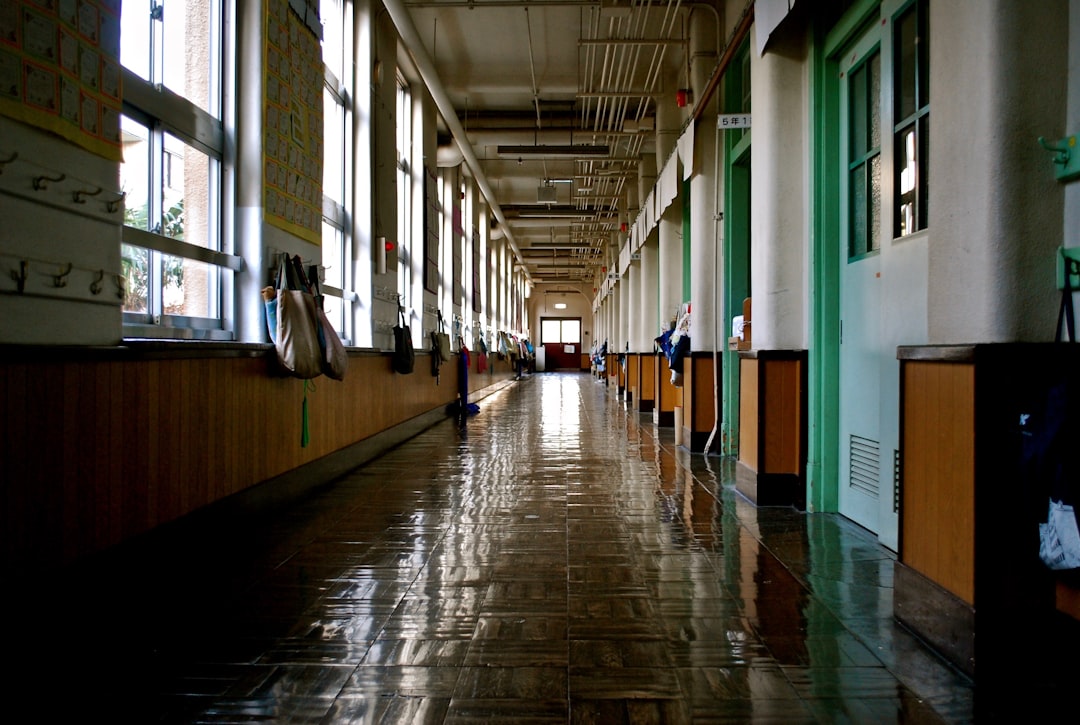In Pennsylvania, both hazing and sexual assault are strictly legal offenses. Victims can seek justice through pressing charges, filing civil lawsuits with a specialized hazing abuse lawyer Pennsylvania, or accessing state-funded support services. Legal advocates help survivors navigate complex processes, offer crucial support, empower them to hold perpetrators accountable, and contribute to a culture of zero tolerance. Education and accountability are interconnected; tailored prevention programs and robust reporting mechanisms significantly reduce incidents and facilitate successful prosecutions with the assistance of hazing abuse lawyers Pennsylvania.
In Pennsylvania, hazing and sexual assault victim advocacy is a critical issue, with stringent laws in place to protect individuals from these harmful acts. This article explores the legal landscape surrounding hazing and sexual assault, empowering victims with knowledge of their rights. We delve into the role of legal advocacy, highlighting resources available to victims seeking justice. Additionally, we provide strategies for prevention and accountability, emphasizing the collective responsibility to end hazing abuse, especially with the help of a skilled hazing abuse lawyer in Pennsylvania.
Understanding Hazing and Sexual Assault in Pennsylvania: Laws and Protections

In Pennsylvania, hazing and sexual assault are taken seriously under the law, with specific protections in place for victims. Hazing, often associated with organizational or group initiation rituals, can manifest as physical, mental, or emotional abuse. It is illegal when it causes harm or fear, especially if it occurs within an organized activity like a sports team, fraternity, or sorority. Sexual assault, on the other hand, includes a wide range of unwanted sexual acts, from non-consensual touching to rape.
Pennsylvania law, as outlined in various statutes, provides avenues for victims to seek justice and support. This may include pressing charges against perpetrators, seeking civil lawsuits with the help of a hazing abuse lawyer Pennsylvania, or accessing state-funded resources for counseling and legal aid. These protections aim to not only punish offenders but also empower survivors, offering them the chance to heal and rebuild their lives.
The Role of Legal Advocacy for Victims: Rights and Resources

Victims of hazing and sexual assault in Pennsylvania have a crucial ally in legal advocacy. Hazing abuse lawyers in Pennsylvania play a vital role in ensuring that individuals who have suffered these traumatic experiences are aware of their rights and have access to necessary resources. These advocates help victims navigate complex legal systems, offering guidance on criminal charges, civil lawsuits, and support services.
By engaging the expertise of a hazing abuse lawyer, survivors can secure justice, seek compensation for their suffering, and gain access to specialized care. Legal advocacy empowers victims to take control of their healing journey while holding perpetrators accountable for their actions. This support is essential in fostering a culture where hazing and sexual assault are not tolerated, promoting safety and respect within communities across Pennsylvania.
Strategies for Prevention and Accountability: What You Need to Know

In the fight against hazing and sexual assault, prevention and accountability go hand in hand. A crucial strategy for prevention involves education and awareness programs tailored to schools, fraternities, and other organizations at risk. These programs should cover the legal implications of hazing and sexual misconduct, promoting a culture of respect and consent. Regular training sessions, workshops, and peer-led discussions can significantly reduce instances of hazing abuse.
Moreover, establishing clear policies and protocols for reporting and investigating incidents is vital for accountability. Pennsylvania law firms specializing in hazing abuse cases recommend implementing robust reporting mechanisms that encourage victims to come forward without fear of reprisal. Quick response teams, including legal professionals and support staff, can provide immediate assistance to victims and ensure proper documentation of evidence. This proactive approach not only prevents further harm but also facilitates successful prosecutions, holding perpetrators accountable under Pennsylvania law.





